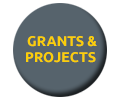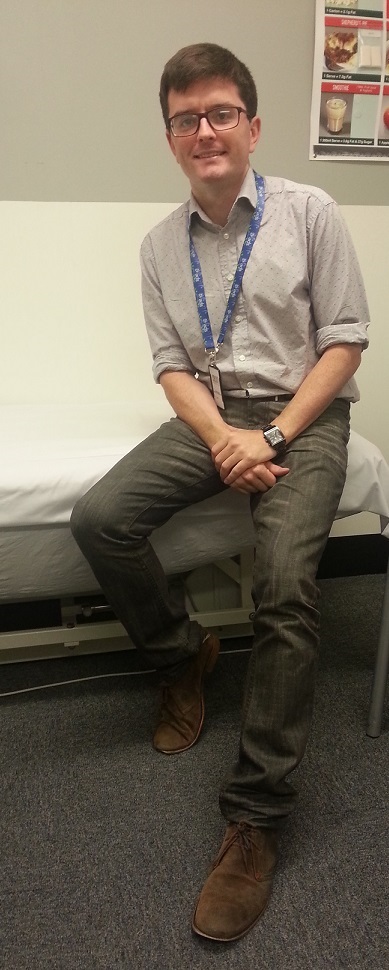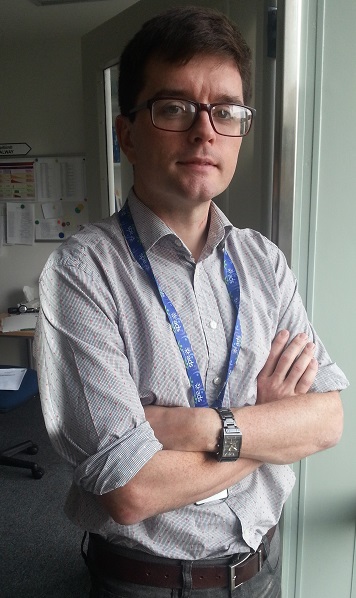 Interview with clinician and researcher Dr Brian Corley
Interview with clinician and researcher Dr Brian Corley
POSTED: 1 June 2016
What is the nature of research or area of study?
My field is diabetes and metabolism, my current work involves assessing energy expenditure as well as the effects of fasting in individuals with type 2 diabetes.
What is your particular passion for why you are researching?
I am a practicing clinician working in the field of diabetes and endocrinology. The problems of obesity and diabetes are substantial, and while our treatments are based on evidence there are many questions left unanswered in relation to these diseases. I want to contribute useful and clear knowledge of diseases that are growing in prevalence in the belief that this knowledge will improve management of these conditions.
Why are you doing this particular research?
My current research projects are part of my PhD. The research questions that are being asked are directly relevant to clinical practice. Research and clinical practice are complementary, through research I am learning a variety of skills that will really augment my clinical practice, and hopefully those around me. My clinical experience is of course useful in developing theories based on observations, important for maintaining a sense of relevance and clinical need and reminds me why I am encouraged to do research.
What is involved – describe the work, who you work with, where and how long it will take?
I work between two areas: the Centre for Endocrine, Diabetes and Obesity Research (CEDOR) and the Centre for Translational Physiology (CTP), University of Otago Wellington. CEDOR is a research centre nested in the Diabetes and Endocrine Department in Wellington hospital. There I work with experienced senior endocrinologists, experienced researcher/clinicians and very capable research nurses. The focus of CEDOR is also in the domain of obesity, diabetes and metabolism. Just recently I have been fortunate enough to collaborate with experienced researchers in the CTP, this has opened up a number of exciting opportunities to further our shared research goals and expertise.
What is exciting you in what you are discovering?
So far a lot of my work has been focused around the techniques used for measuring energy expenditure, their strengths and their limitations. I have been amazed at the potential for really precisely mapping energy expenditure throughout the day with our technology. I have also been quite excited at how much a reduction in energy intake has improved diabetes control both internationally and in results borne out by my own work.
What do you hope to achieve?
I hope to be able to clarify energy requirements in a New Zealand population and the impact of energy intake and energy expenditure on diabetes control.
What are your hopes beyond this research for the future of the study?
I hope to extend this work to studying individuals who are undergoing diabetes remission be it through a very low calorie diet or by means of bariatric surgery. This will allow clarification of the role of energy expenditure in this group.
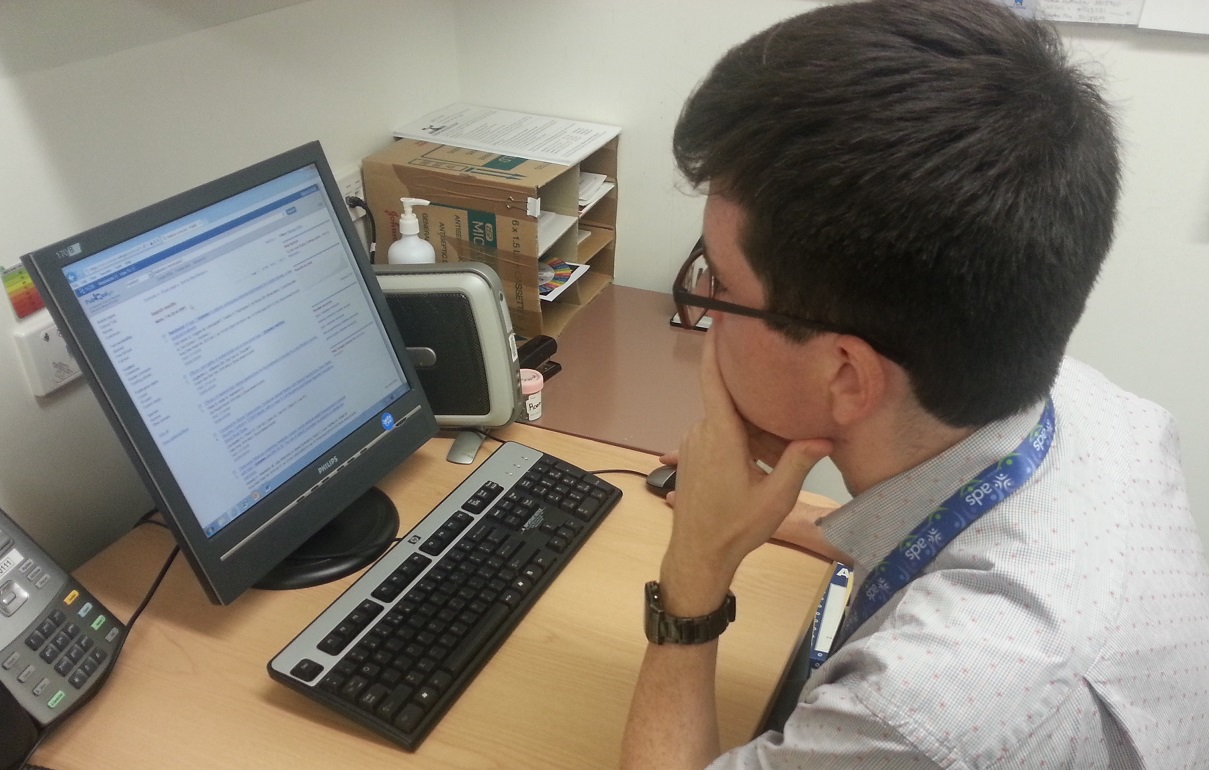

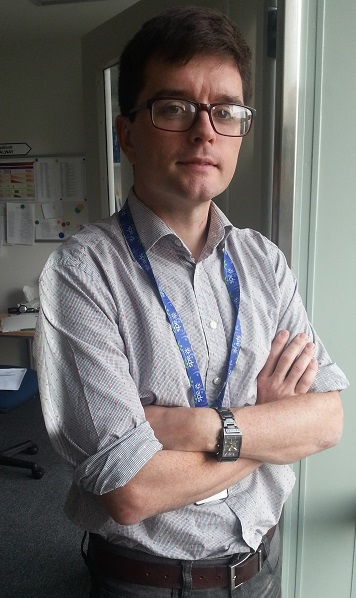
 Interview with clinician and researcher Dr Brian Corley
Interview with clinician and researcher Dr Brian Corley
